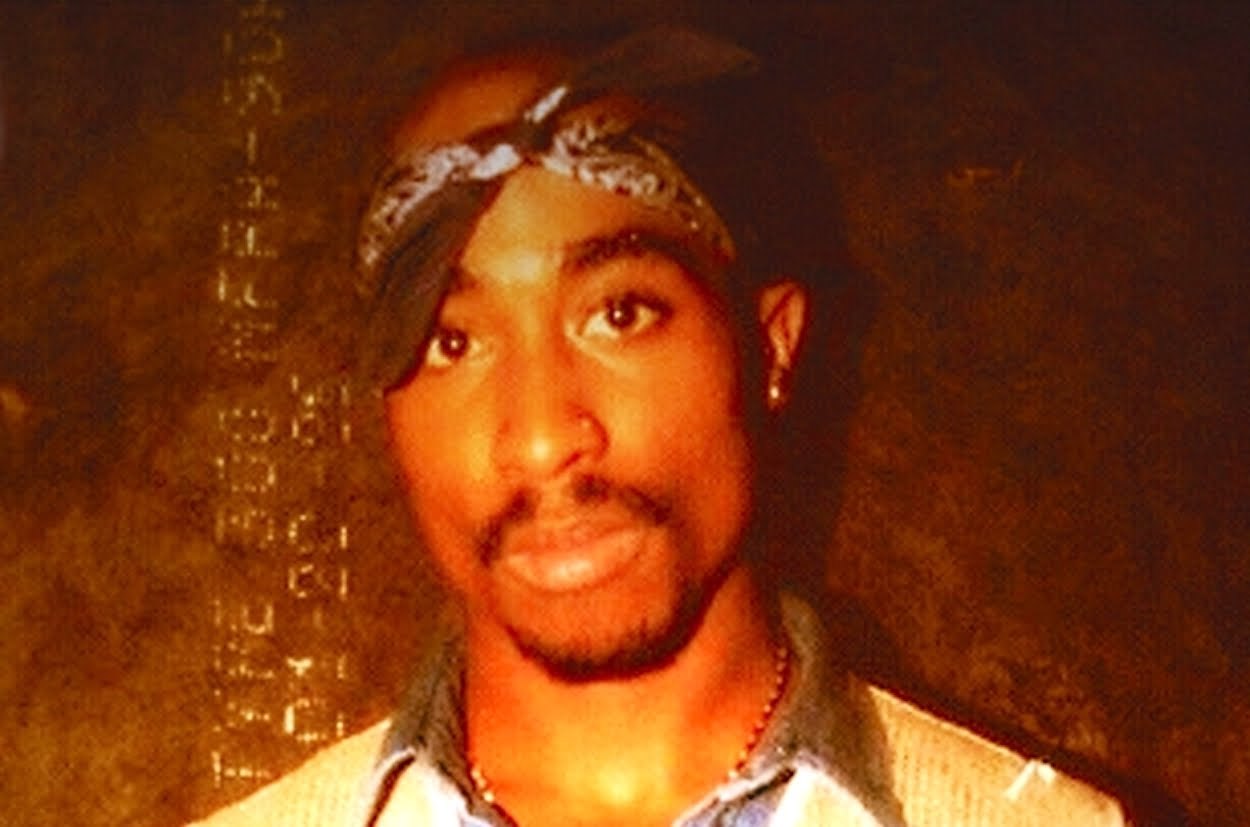Was Tupac Shakur real gangster or was it an act around certain people?
It is hard to find another character as dynamic and multi-dimensional in music history as Tupac Shakur. The legendary rapper is well known as someone who could step into many roles, but those who never take the time to dive deeper into his personality may only see him as the gangsta rapper he often embodied in the last years of his life. However, friends of Shakur’s who spent time with him behind the scenes tell a different story, describing a thoughtful, introspective, and enlightened man. Thanks to a recent VladTV interview with actor Michael Jai White, we can add “goofy” to the list of words used to define the enigmatic Tupac.
After signing to Death Row Records in 1995, Tupac was forced to fit his large personality in a much smaller box than he was used to. White explains how Tupac exercised an impressive ability to change his demeanor around different people, saying, “The side of him that I knew was so different than the whole gangster thing.” He goes on to say that he thinks he brought out the “goofy” side of Shakur, and the two friends would even challenge each other with math equations while playing pool together. Michael says that Tupac would then abruptly change his tone, and he would think to himself, “Somebody black must have walked in the room.”
Code-switching, a practice commonly used by people of color to navigate cultural norms and the pressure to assimilate, is a skill that no doubt became especially useful in Tupac’s world. While anyone who investigates the life of Shakur now can clearly see he was primarily a poet, activist, and revolutionary mind, his experience in the music industry tragically amplified greed and violence in his life. It is important that insights like Michael Jai White’s are not used to imply Tupac’s inauthenticity, but instead are seen as proof that Shakur’s spirit was too large and complex to ever be defined as a stereotype.
